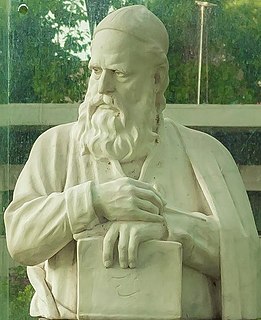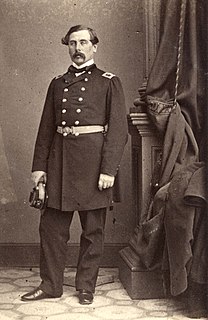A Quote by William Shakespeare
But that the dread of something after death,
The undiscover'd country from whose bourn
No traveller returns, puzzles the will
And makes us rather bear those ills we have
Than fly to others that we know not of?
Related Quotes
Facts are certainly the solid and true foundation of all sectors of nature study ... Reasoning must never find itself contradicting definite facts; but reasoning must allow us to distinguish, among facts that have been reported, those that we can fully believe, those that are questionable, and those that are false. It will not allow us to lend faith to those that are directly contrary to others whose certainty is known to us; it will not allow us to accept as true those that fly in the face of unquestionable principles.
The Four Noble Truths are pragmatic rather than dogmatic. They suggest a course of action to be followed rather than a set of dogmas to be believed. The four truths are prescriptions for behavior rather than descriptions of reality. The Buddha compares himself to a doctor who offers a course of therapeutic treatment to heal one’s ills. To embark on such a therapy is not designed to bring one any closer to ‘the Truth’ but to enable one’s life to flourish here and now, hopefully leaving a legacy that will continue to have beneficial repercussions after one’s death. (154)
Not only after two or three centuries, but in a million years, life will still be as it was; life does not change, it remains for ever, following its own laws which do not concern us, or which, at any rate, you will never find out. Migrant birds, cranes for example, fly and fly, and whatever thoughts, high or low, enter their heads, they will still fly and not know why or where. They fly and will continue to fly, whatever philosophers come to life among them; they may philosophize as much as they like, only they will fly.
Every life is punctuated by deaths and departures, and each one causes great suffering that it is better to endure rather than forgo the pleasure of having known the person who has passed away. Somehow our world rebuilds itself after every death, and in any case we know that none of us will last forever. So you might say that life and death lead us by the hand, firmly but tenderly.
You know better than I that in a Republic talent is always suspect. A man attains an elevated position only when his mediocrity prevents him from being a threat to others. And for this reason a democracy is never governed by the most competent, but rather by those whose insignificance will not jeopardize anyone else's self-esteem.





































